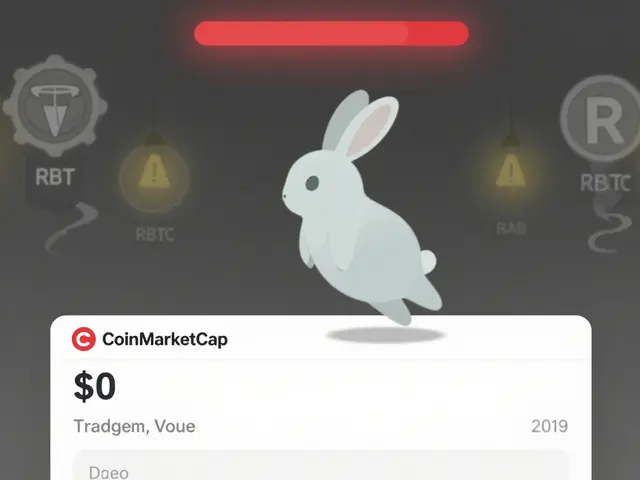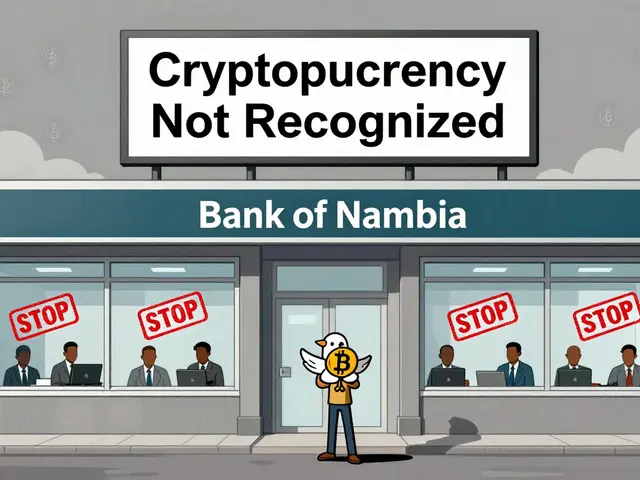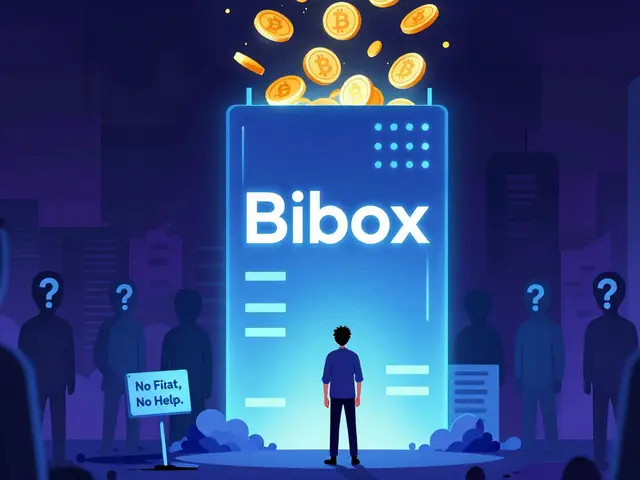HODL Cryptocurrency: What It Means, Why It Matters, and How to Do It Right
When people talk about HODL cryptocurrency, a long-term holding strategy where investors keep their crypto despite market swings. Also known as buy and hold, it's one of the most common approaches in crypto—born from a typo in 2013 and turned into a movement. It’s not about timing the market. It’s about staying in through the crashes, the hype cycles, and the noise. While traders chase quick profits, HODLers bet on the long-term value of digital assets like Bitcoin, Ethereum, and others that actually solve real problems.
What makes HODLing different from just holding? It’s the mindset. You’re not watching price charts every minute. You’re not reacting to every tweet from a crypto influencer. You’re focused on the tech, the adoption, and the timeline. That’s why so many posts here dive into real projects—like Jupiter (JUP), a leading DeFi aggregator on Solana with a $1.35B market cap and real utility—and warn against empty tokens like FashionTV or Sci-Hub coins that have no backing, no liquidity, and no future. HODLing works best when you’re holding something with actual use, not just a meme.
But HODLing isn’t blind. It requires research. That’s why this collection includes guides on software wallets, tools like MetaMask and Trust Wallet that let you store crypto securely while staying accessible, and why you should never store your keys on an exchange. It also covers tax rules in places like the U.S. and India, where every trade or gift can trigger a tax event. You can’t HODL smart if you don’t know how the system treats your holdings. And you definitely can’t HODL safely if you fall for fake airdrops like MMS or XCV that promise free tokens but deliver nothing but scams.
The truth? Most people who panic-sell during a 30% drop lose more than those who hold through it. But holding the wrong thing? That’s just losing slower. The posts here cut through the noise. They show you what’s real—like how Bitcoin’s mining difficulty adjusts to keep block times stable, or how sidechains like Polygon are making crypto faster and cheaper. They warn you about exchanges that vanish, like Btcwinex, and privacy coin bans that limit your options. They explain why DeFi composability matters, and how tax reporting for gifts and inheritances is changing in 2025.
You don’t need to be a trader to win in crypto. You just need to know what you’re holding, why you’re holding it, and how to keep it safe. That’s what HODLing is really about. Below, you’ll find real-world breakdowns of tokens, exchanges, airdrops, and regulations—all so you can make smarter choices and avoid the traps that cost people their money. No fluff. No hype. Just what you need to know to HODL with confidence.
What Does HODL Mean in Cryptocurrency? The Full Story Behind the Term
HODL means holding cryptocurrency long-term despite price drops. Born from a 2013 typo, it's now a global strategy for surviving crypto's volatility. Learn how it works, why it succeeds, and when it fails.





